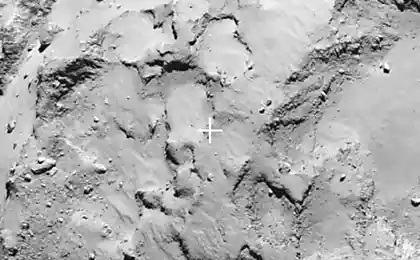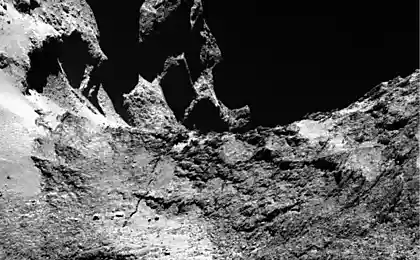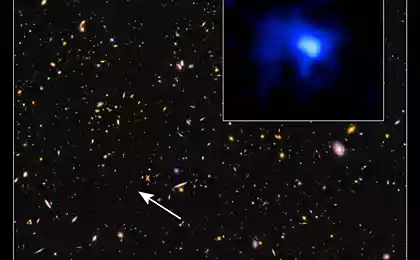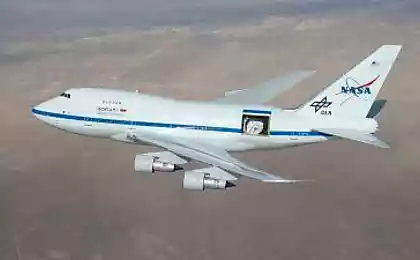1453
The European Space Agency will send into space observatory PLATO
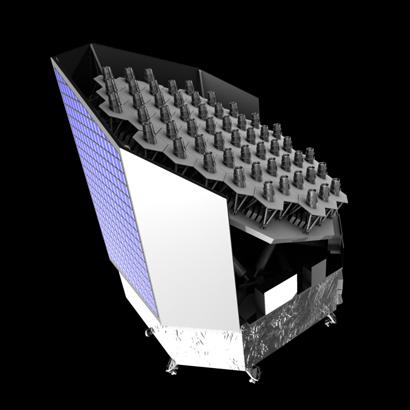
Of course, this will not Observatory astronomer, radio physicists and other specialists. PLATO - autonomous spacecraft that will search for potentially suitable habitat for extrasolar planets in deep space. Method of research - observation of the brightness of millions of neighboring solar system of stars, and the analysis of changes in the brightness of stars.
PLATO 34 is equipped with a small telescope and a camera for observing the stars. The main way to detect exoplanets now is to fix brightness change light when it passes in front of the stellar disk of the planet. Ie the planet is between the observer and its star, causing the observer by fixing the star's brightness can speak with confidence about the presence of such luminaries of the planet.
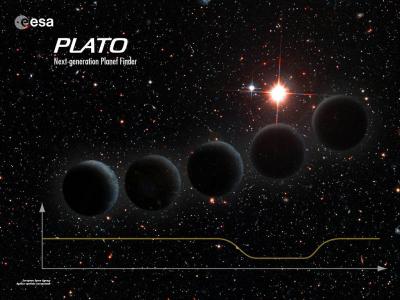
Of course, this type of observation has its own characteristics - it changes the brightness of stars, not only because of the influence of the planets. However, continuous monitoring and analysis of nearby stars allows us to "separate the wheat from the chaff", ie, to detect exoplanets.
PLATO data will be combined with observations of terrestrial observatories. As a result, scientists will be able to know the radius, mass and density exoplanets.
PLATO will be launched on the carrier "Soyuz" from French Guiana. PLATO orbit will be similar to the orbit of another space station, watch the stars - Gaia. However, the launch of the observatory will be held only in 2024. Before cell phones will be launched Solar Orbiter and Euclid, in 2017 and 2020.
Via theverge
Source: habrahabr.ru/post/213341/
For visitors Newark Airport will monitor LED lamps
Dangerous entertainment: simple to repeat the high voltage generator






